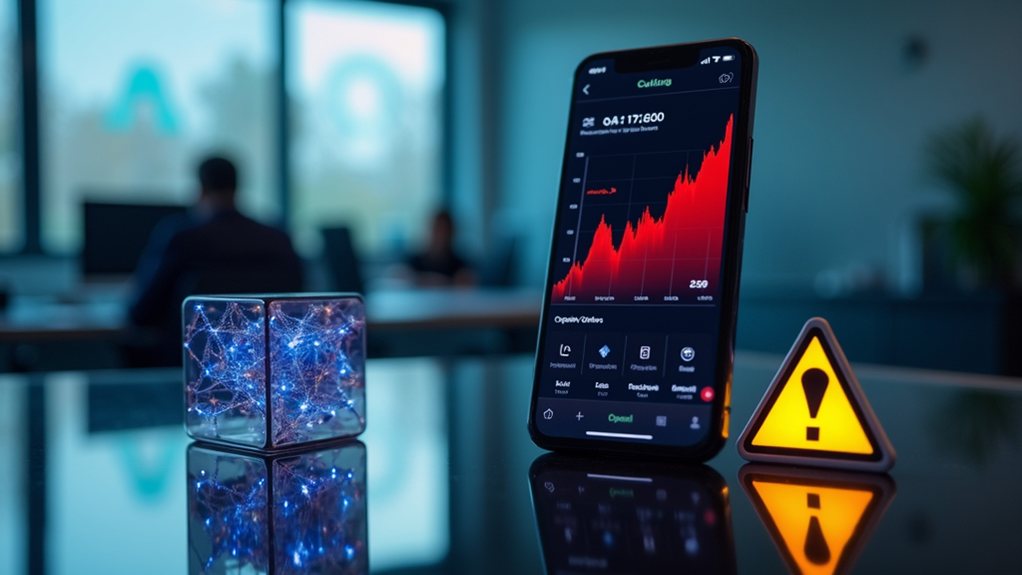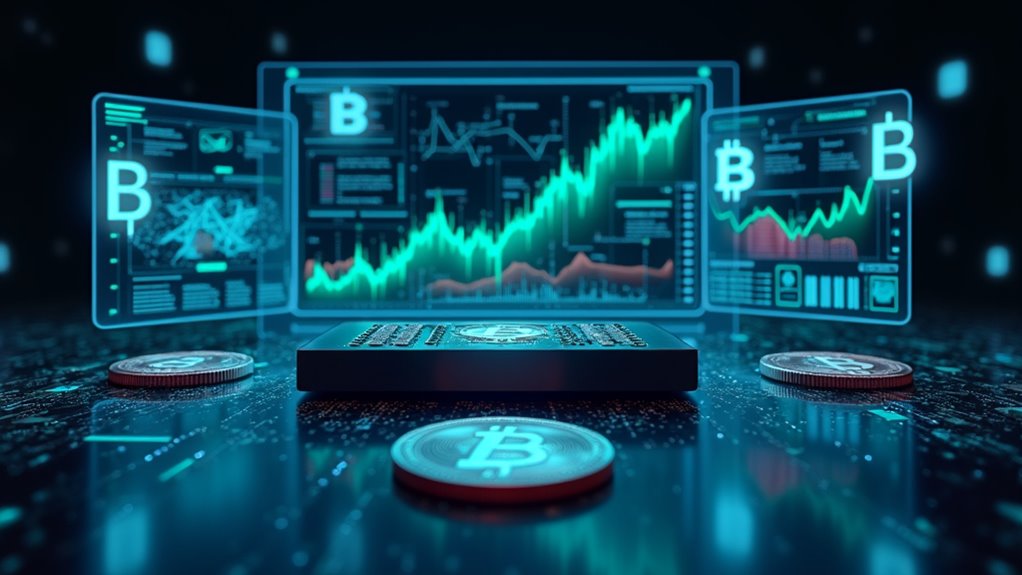OpenAI threw some serious shade at Robinhood after the trading app tried selling “private equity tokens” linked to alleged OpenAI shares—spoiler: OpenAI never okayed it. Robinhood’s new platform lets European users buy tokens backed by private company shares via blockchain, but OpenAI says those tokens are about as real as Monopoly money. Investors, take note: No company permission, no actual equity, and loads of regulatory drama. Stick around for more on this finance-meets-Silicon-Valley soap opera.
OpenAI has fired back at Robinhood’s latest crypto-fintech experiment, making it clear they want nothing to do with the broker’s shiny new “tokenized equity” platform. So, if you were about to brag to your group chat about owning a slice of OpenAI via Robinhood, maybe hold that thought—and don’t quit your day job just yet.
Let’s break it down: Robinhood has rolled out a platform in Europe (sorry, Americans, you’re not invited—yet) that lets users buy “tokenized equity” in private companies. That means, instead of actual shares, you get digital tokens representing indirect exposure, all neatly wrapped in blockchain tech on the Arbitrum platform. The tokens are tied not to the company itself, but to a special purpose vehicle (SPV) that supposedly holds the real shares. Sounds like a trust exercise with extra steps, right? Investors are being offered access to private markets that are typically off-limits to retail traders, marking a new push for financial inclusion.
Robinhood’s new European platform offers tokenized equity—digital tokens tied to an SPV, not real shares—all powered by blockchain on Arbitrum.
Here’s the kicker: OpenAI has put out a statement disavowing *any* involvement. No, they didn’t approve this. No, you’re not getting actual OpenAI shares. And yes, they’re warning investors to proceed with caution, or, you know, maybe don’t proceed at all. The company is pretty clear these tokens do not represent real ownership, so don’t expect to waltz into an OpenAI board meeting waving your Robinhood wallet. OpenAI emphasized that no approval was given for the transfer of equity, highlighting that any transfer of their equity requires express permission from the company.
Industry experts are raising eyebrows—big time—over whether these tokens count as authorized equity sales. Remember the Swarm blockchain kerfuffle in 2018? Yeah, that didn’t end well for anyone. There’s real risk here: private companies like OpenAI can just cancel sales they don’t like, citing shareholder agreements, and leave investors holding the bag (or the token, in this case).
Robinhood’s stock price took a nosedive after OpenAI’s statement. Investors, ever the optimists, still seem intrigued by tokenized equity—regulatory uncertainty be damned. Robinhood CEO Vlad Tenev hints this is only the beginning, with possible expansion and more companies eyeing tokenization.
For now, though, the only sure thing is that OpenAI’s not on board, and the regulatory fog is thick. Proceed with caution—and maybe a healthy dose of skepticism.








